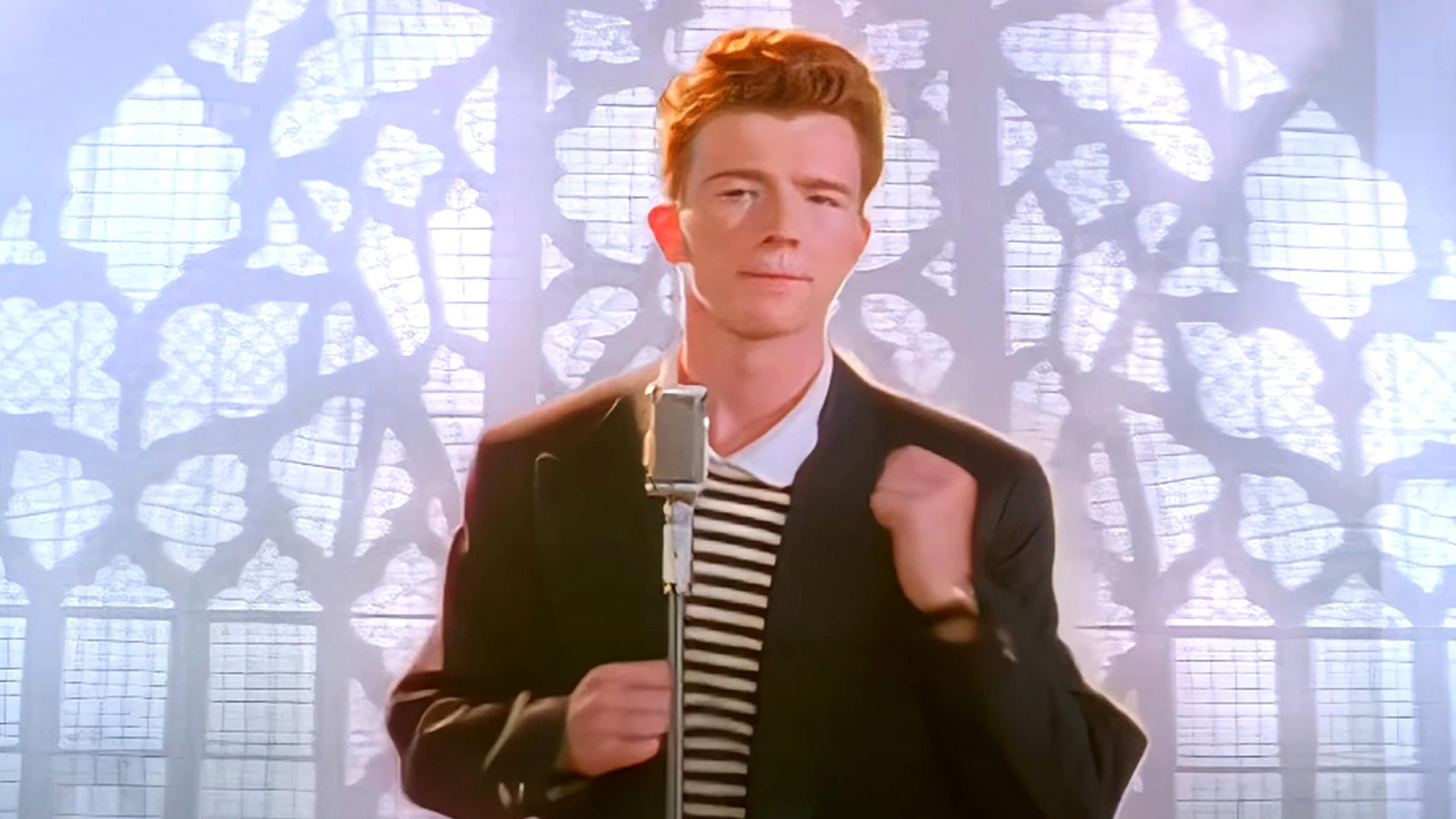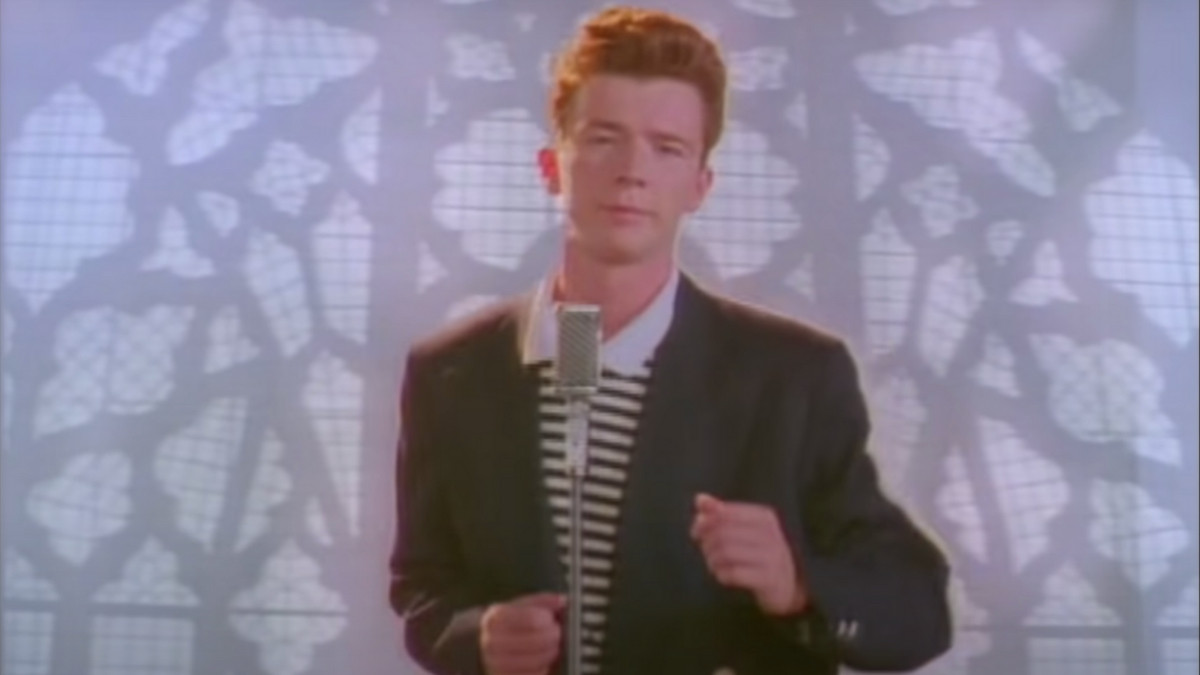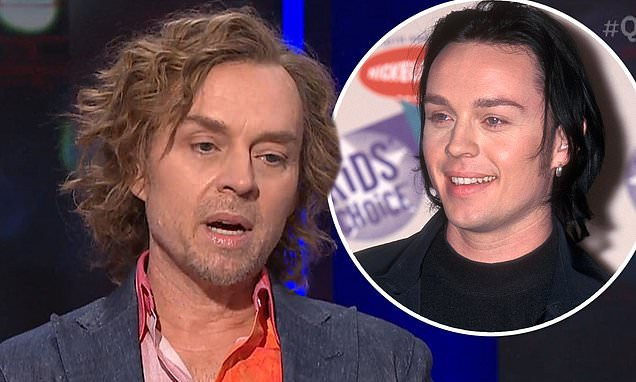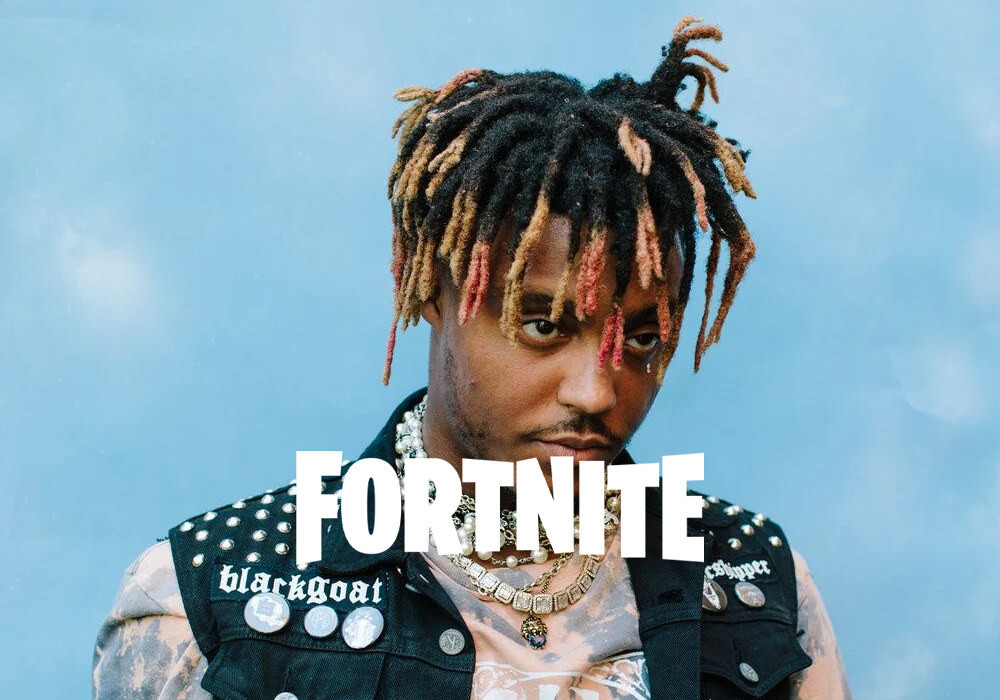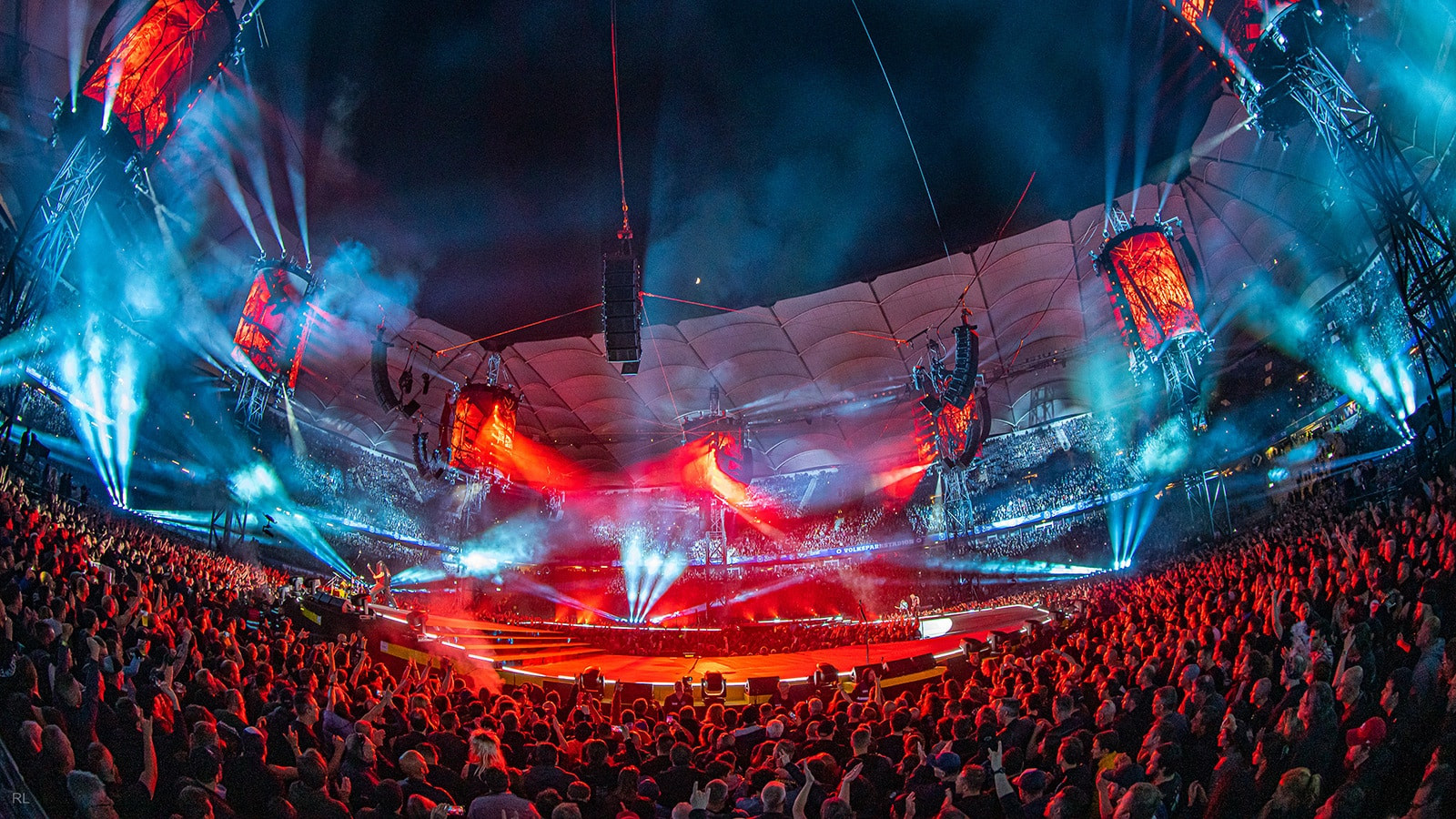Rick Astley has described how a heartbreak endured by his parents before his birth pushed him towards the spotlight as a child. The singer said the death of his brother before he was born saw his parents separate when he was very young. In an interview ahead of the publication of his memoir Never: The Autobiography, he said: "I think it did form me as a person, definitely, and formed a lot of my choices of why I went into music and why I wanted to be on a stage and why I wanted people’s attention – because I don’t think I got enough attention from my parents."
Astley, from Newton-le-Willows, found stardom aged 21 with the chart-topping single Never Gonna Give You Up. Astley, now 58, sold five million copies of his album Whenever You Need Somebody, but left the music industry within a matter of years. It was a decision that he said was influenced by becoming a parent himself. "Even though I was having an amazing career in music and I was so lucky to experience a lot of the things that I did, I think after four or five years of it I'd kind of had enough…and I think being a parent solidified that for me," he told BBC North West Tonight.
Astley joked that his life was "all downhill" after his early success. "I didn't do any growing up really, I didn't do the the growing up people normally do when you perhaps go to uni or go to your first few jobs… and find out what you like and who are you are and all the rest of it," he said. In recent years, the Rickrolling social media trend of baiting people into inadvertently clicking on a link to the video for Never Gonna Give You Up has brought him to the attention of a new generation. But he said fame does not interfere too much with his everyday life these days. "It’s just a really lovely thing that sort of floats through my life but it doesn’t overtake it," he added. Astley's new book Never: The Autobiography is published on 10 October.
Rick Astley has opened up on his turbulent childhood and the terrifying moment that led him to run away from home and 'join the circus'. The singer, 58, made the shocking confession during an appearance on Wednesday's Lorraine. The Never Gonna Give You Up hitmaker revealed that his brother once threatened to kill his father during a heated exchange.
Rick told host Lorraine Kelly, 64, that his sibling held a knife to his father's neck during an outburst in an attempt to protect the singer. He said: 'That's about as traumatic as you want it to get.'
The musician candidly discussed his family tragedies, telling Lorraine, 64, that before he was born, his older brother died of meningitis and his parents divorced when he was just 5 years old. 'My dad wasn't violent but he just couldn't control his temper and that day he just blew up, he completely lost it.' He added: 'Mike just snapped.
The musician candidly discussed a series of family tragedies, telling host Lorraine that before he was born, he had an older sibling who had died of meningitis. He claims his tragic childhood shaped his career. Rick revealed that by the age of 27 he was over the music industry after getting his first taste for it at 19 as a drummer for local band FBI. The star explained that he wanted a different kind of life than the one he had experienced growing up. He said: 'I wanted to fill this black hole I had from when I was a child – and the penny dropped that the way to fill that was with my own family and being a dad, not by being famous.'
In 1994, after a string of hits, Rick gave up his career onstage to focus on his family. The star previously described the move as 'slipping out'. The Never Gonna Give You Up hitmaker revealed that on one occasion his brother threatened to kill his father during a heated exchange Rick told host Lorraine that his sibling held a knife to his father's neck during an outburst in an attempt to protect the singer (pictured with his wife Lene). He explained: 'My dad wasn't violent but he just couldn't control his temper and that day he just blew up, he completely lost it.' He said: 'I slipped out the back door when no one was looking and no one cared'. And the star has no regrets.
He said last year that he had wanted to be a hands-on father for his daughter Emilie, now 32, after experiencing such a traumatic childhood. He added that he had such a difficult time growing up that he has spent years going in and out of therapy. The singer revealed that at the time his father died, several yeas ago, he hadn't spoken to him for more than 25 years. He added: 'He was such a complicated person and, when my daughter was born, I decided I didn't want that complication in her life. Yes, he could come and stay and be great.
'Or 50 per cent of the time he'd be great, but then he'd be the darkest person in the world. I'm sure people who have complicated relationships with a parent will understand.' His parents had divorced when he was six, and when they died, he revealed, 'they hadn't spoken a word to each other for 50 years'.
Rick Astley says the instant success of Never Gonna Give You Up has “overshadowed everything” in his life. And the star has revealed that, at the height of his fame, the tedious nature of the pop business saw him “just want to kill someone”. Astley, 58, famously packed in his music career for seven years in 1994 – despite obtaining global fame – and says he did so because by that time he ‘hated’ the industry. His most iconic single rose to the top of the charts in more than two dozen countries and saw Astley take home the 1988 Brit for Best British Single. And despite landing seven Top 10 albums and eight Top 10 singles, the Warrington-born star says Never Gonna Give You Up has ‘dwarfed’ everything else.
The pop legend told the Off Menu podcast: “It’s got this place in my life that just totally dwarfs everything else, really. It is a weird thing to, not even admit that because I can admit it easily, but just to own it; that you’ve got this song, I don’t want to be negative because it’s been amazing, but it’s just overshadowed everything.” Astley has enjoyed a resurgence during recent years and performed two sets at Glastonbury last year - leading to him deciding to pen an autobiography looking back on his career.
But the 58 year old has revealed he was more than happy to walk away from fame after the birth of his first daughter - and says by that point he ‘hated’ the music industry. He revealed: “I packed it all in (in) my late 20s - our daughter had been born and, I don’t know, I hated the music business. It’s a bit strong but I kind of hated the music business really because it’s a freaking business. “I used to go to do a TV show in whatever country and it would usually be a different country every day for months on end. On the one hand that sounds exciting and you can fool yourself and pretend it is and you can smile in a Smash Hits photograph for so long before you just want to kill someone.”
Reflecting on his early retirement from music in the 1990s, Rick Astley admits he “felt [it was] just time to walk away” from the industry. After almost two decades, singer-songwriter Alexis Strum is back with her brand new single Karma, as she prepares to unleash her third album. With support from Shed Seven and the Lightning Seeds, Paul Heaton will play one of the biggest solo gigs of his career on May 25, 2025. The 30th anniversary MTV EMAs ceremony takes place at Manchester’s Co-op Live on Sunday, November 10 and airs globally.
The star rose to fame as part of Stock Aitken Waterman’s legendary Hit Factory and topped the charts on both sides of the Atlantic with his iconic single Never Gonna Give You Up. He landed another US chart topper with Together Forever but quit music in 1993 to spend time with his partner Lene Bausager and daughter Emilie, who was one year old at the time. Speaking to Rachel Burden and Rick Edwards on BBC Radio 5 Live, he confessed: “You just end up thinking, I’ve got a daughter at home, I can have a different life, I’m not really loving this. “And I felt guilty because I was an ’80s pop star, I should be loving it but I kind of felt it’s just time to walk away.”
He returned to the public eye in 2001 with his ‘Keep It Turned On’ LP and later launched back to the top of the charts with ’50’, beginning a renaissance that continues to this day. Insisting music has always been “a part of [his] DNA”, Rick added: “I like doing it and I’m still the same with that. I don’t think that’s ever left me. I just fell out love with the music business, not music.”
The man whose sonorous voice made ‘Never Gonna Give You Up’ a global hit speaks to Louis Chilton about the absurdity of fame, his unprecedented comeback, and why now was the right time for his candid new memoir, ‘Never’ Our mission is to deliver unbiased, fact-based reporting that holds power to account and exposes the truth.Whether $5 or $50, every contribution counts.Support us to deliver journalism without an agenda.
I haven’t done that intentionally,” insists Rick Astley, gesturing at the Spartacus picture behind his head. The singer sits in his kitchen, backdropped by a giant poster of the Stanley Kubrick epic – his favourite film. It’s an imposing image, and, I suspect, a somewhat loaded one. “Spartacus is a massive underdog story,” Astley enthuses. “It’s one guy rousing people to fight off the greatest empire on earth. And it’s a very British thing to root for the underdog. Of course, I am in no way comparing myself to Spartacus – but...” He thrusts an arm upwards in imitation of Kirk Douglas, and grins.
It may not have involved spear-swinging centurions but Astley, 58, has lived through his own underdog story – two of them, in fact. The first came as a youth, he the shy lad from Lancashire who high-tailed it to London, conquering the charts on both sides of the Atlantic with his smash hit “Never Gonna Give You Up” by the time he was 21. The second came in middle age, when, with the help of a bizarre internet meme, Astley resurrected his dormant career into something new, authentic, and surprisingly popular. Last year, his two sets at Glastonbury – one performing his own music, the other a full set of The Smiths covers backed by indie band Blossoms – were nothing short of triumphant. From the moment he marched out onto the Pyramid Stage, to the incongruous blare of the Star Wars theme, he had the 60,000-strong crowd rapt. Where once Astley was trailed by the phrase “one-hit wonder”, now, he was being sincerely touted as a national treasure in the making.
“It’s kind of mad to be 58 years old and having – from a gigs perspective – one of the biggest moments in my life,” Astley says, fresh-faced even at that age, and with his hair still puffed in something resembling his signature quiff. “If you’d have asked me when I was 21, ‘Do you think you’ll enjoy getting on a stage and singing “Never Gonna Give You Up”?’ “I would have said, ‘F*** off! Who would want to do that all those years later?’ But I’ve got a lot of backstory and a lot of other things in life away from that song… it feels healthy.”
It is this backstory that forms the skeleton of Never, Astley’s new memoir documenting his rise, fall and rise again. He’s eager to point out that he didn’t write the book himself, instead deferring duties to journalist Alexis Petridis. “Any fool can write a book,” he says, “but not anybody can write a good one, and that’s why I’m not writing mine.” (He did, however, provide the audiobook narration “in a slightly Alan Partridge voice”.) Never is a candid and oftentimes quite funny account of fast fame and the slow road to self-actualisation, musical and otherwise. “It’s very odd, the process of doing it,” Astley admits, in his genial northern brogue. “You’re nitpicking through your life. It’s been cathartic – a bit like therapy.”
He would know: Astley started seeing a therapist in the 1990s, at the recommendation of his wife, film producer Lene Bausager. It allowed him to work through some of his issues – issues that began years before the words “We’re no strangers to love” ever made it to the airwaves. It’s fair to say that Astley, the son of divorced parents in Newton-le-Willows, Lancashire, had a complicated childhood. Never opens in media res, just after his brother had held a knife to their father’s throat. Astley and his siblings grew up living with their volatile father in a Portakabin, in a field next to the family business (a garden centre). He describes his mother, meanwhile, as having “something missing, some sort of emotional connection … It was as if she was behind a pane of glass.” Both of his parents are now dead; this was, says Astley, a “huge trigger” in agreeing to the memoir in the first place.
Astley saw music as a convenient escape route from his dysfunctional family life. He played on the local circuit in a teenage band called FBI, and it wasn’t long before his sonorous, almost Elvis Presleyan voice came to the attention of producer Pete Waterman. Astley was offered the chance to go down to London and sign a record deal, for Stock Aitken Waterman (the songwriting trio known as the Hit Factory), and he leapt at it. “A lot of my drives were not the ones people would associate with famous musicians,” he says. “I didn’t want fame. I wanted to be comfortable. I wanted to have enough money to never have to go back to Newton and live with my dad.”
His very first single, the cheesy but utterly infectious “Never Gonna Give You Up”, became a No 1 hit (first in the UK, then the US too), propelling Astley to celebrity more or less overnight. “I appreciate why people become famous and I can appreciate what they’ve done to get there,” he says. “But fame in itself is just ludicrous. It’s ridiculous.”
Astley seems to tell stories through his eyes – during our conversation, they constantly dart, squint, and widen, even over the course of a single sentence. There’s a sort of unbothered openness to the way he talks about his life. Maybe it’s the therapy. He recites a quote from Notting Hill, one of several films he brings up over the course of our conversation. It’s the bit when Julia Roberts’s Hollywood star tells bookshop owner Hugh Grant: “The fame thing isn’t really real, you know?”
“I love quoting that,” Astley says. “I don’t know, man. It floored me, that line. It’s way deeper than it gets the credit for.” He’s barely paused for breath since we started our interview, but he seems almost at a loss for words.
Even within the ranks of the famous, there is perhaps something particularly unreal about Astley’s celebrity, a stardom that sprung up in an instant and immediately proved precarious. After the initial success of “Never Gonna Give You Up”, he enjoyed a number of smaller hits, including “Together Forever” and “Whenever You Need Somebody”. But life within the machinery of the Hit Factory was constrictive; he had little agency over the music he recorded, often felt “embarrassed” by it, and, at the height of his fame, wasn’t given the chance to tour his songs live. During an appearance on a Dutch TV series, he was asked to sing his recent single “My Arms Keep Missing You”, only to confess that, having recorded it months ago in a one-and-done session, he didn’t even have a vague memory of how it went (“The tune, the lyrics: nothing”). Such was the strange and disjointed nature of Astley’s pop peak.
“People now expect a musical artist to be able to go out and do it live,” Astley says. “But in the Eighties, there was a bit of a sense of, does it really matter? I don’t think Duran Duran or Spandau Ballet would have said that. But for a solo artist, it was just a means of promoting a record – because labels didn’t make money out of touring.”
It wasn’t just the euphoria of performing that Astley was missing out on, but the lifestyle and camaraderie of collaborative performance. “Back in the day – even recently, sometimes – I have looked at a band and envied them,” he says. “It’s a little gang, and it becomes a bit ‘them and us’. And I don’t think I had much of ‘them and us’ because there was only me. The band that I had when I finally got to tour around the world were hired guns, really. I became friends with some of them, but it’s not the same as forming a band in a garage after school that goes on to be U2 or Coldplay.”
After leaving Stock Aitken Waterman in 1990, Astley, still just 23, started to branch out musically: his 1991 album Free was a shift towards a less pop-oriented sound. It was an imperfect liberation, and the finished product failed to establish his credentials outside of the schmaltz-pop sphere. By the time of the 1993 covers album Body and Soul, he was preoccupied with family life – his daughter was in her infancy – and thoroughly disillusioned with the industry. So he quit music, unsure if his whole career had been a “terrible mistake”. (People suggested he was having a “breakdown”, though Astley doesn’t necessarily agree.) It was eight years before he released another album, Keep it Turned On – which didn’t even get a release in the UK.
There’s not many times in life that anybody makes a couple of million quid in one go. I was lucky, I had some good people around me, but it messes people up a lot
It’s remarkable, perhaps, how well adjusted Astley seems, given the turbulent success he enjoyed. “I mean, listen, it’s hard to moan about being a successful pop star,” he says. “But I also think it’s unrealistic to expect anyone to go through that and handle it well and come out the other end.
“There’s a part of me that’s always thought people should have some psychological help when they get a record deal,” Astley says. “The label should go, ‘Right, this is your record deal. Go see Brian in room number four, and they’re going to talk to you about your life.’ Because the level of fame that people sometimes achieve in such a ballistically short space of time is not a healthy thing.”
Astley recalls a dinner, early in his career, when a successful small-label record executive proposed withholding artists’ money until much later. “I almost wanted to lamp him!” Astley exclaims. “I was really highly offended at first. But by the end of the dinner, I sort of grasped it.
“The money is just an extra pile of s*** to actually deal with,” he explains. “There’s not many times in life that anybody makes a couple of million quid in one go. I was lucky, I had some good people around me, but it messes people up a lot. It’s hard to hang out with the friends you’ve known all your life when you and they know that you’ve got this lottery-win amount of money in the bank, on top of the fame, the attention, everything. It distorts your whole friendships. It just f***s people up.”
The year 2007 brought a lot of things: the resignation of Tony Blair; the collapse of Northern Rock; and, most importantly, the rise of “Rickrolling”. In the most unlikely and arbitrary of ways, Astley was propelled back into the zeitgeist. “Rickrolling” refers to an internet meme in which people are lured into clicking a link, only to be redirected to the music video for “Never Gonna Give You Up”. The song re-entered the charts; Astley’s ironic appeal went through the roof. “It’s really weird,” Astley says of the song, the music video for which has now amassed a truly staggering 1.5 billion plays on YouTube. “It’s like it’s burnt into my DNA.”
While the viral popularity certainly goosed interest in Astley’s music, there was, for him, nothing ironic about it. “I was out doing retro gigs and nostalgia gigs with lots of other artists from my period,” he says. “To be honest, I was blissfully happy doing it.” As a side hobby, he formed The Luddites – what he describes as a “midlife crisis rock band” – with whom he would play loose and offbeat punk sets on the live circuit. And all the while he was recording new music in his spare room, which eventually became the album 50, released on his 50th birthday. This record, the first truly made on Astley’s terms, was a surprise hit, ultimately charting at No 1.
As the Rickrolling buzz died down, Astley showed that he was always more than a meme: 50 was followed by another hit record, that stunning Glastonbury appearance, and a run of heavyweight tour dates. Along with this came a slew of improbable but gleefully received live collaborations: playing a grunge version of “Never Gonna Give You Up” with the Foo Fighters on several occasions; welcoming 82-year-old baker Mary Berry on stage to play drums. He was allowed to embrace his eccentric side, to channel his virality into something unexpectedly and purely fun.
Astley runs his hands through his hair. “You know, I wouldn’t swap with anybody right where I am right now,” he says. I’m really, really happy.” His head shifts a little to the left; Kirk Douglas’s fierce grimace peeks out on the poster behind him.
He adds: “When I released 50 eight years ago, people talked about why it became a success. It was people buying into me – this guy who had hits years ago, before everyone kind of thought, ‘yeah, whatever, making another record’. I think it’s a good underdog story!”
And with that, Astley gets his Spartacus moment after all.
‘Never’ by Rick Astley (£22, Macmillan) is out on 10 October, and his nationwide book tour begins on 9 October. More info on rickastley.co.uk




